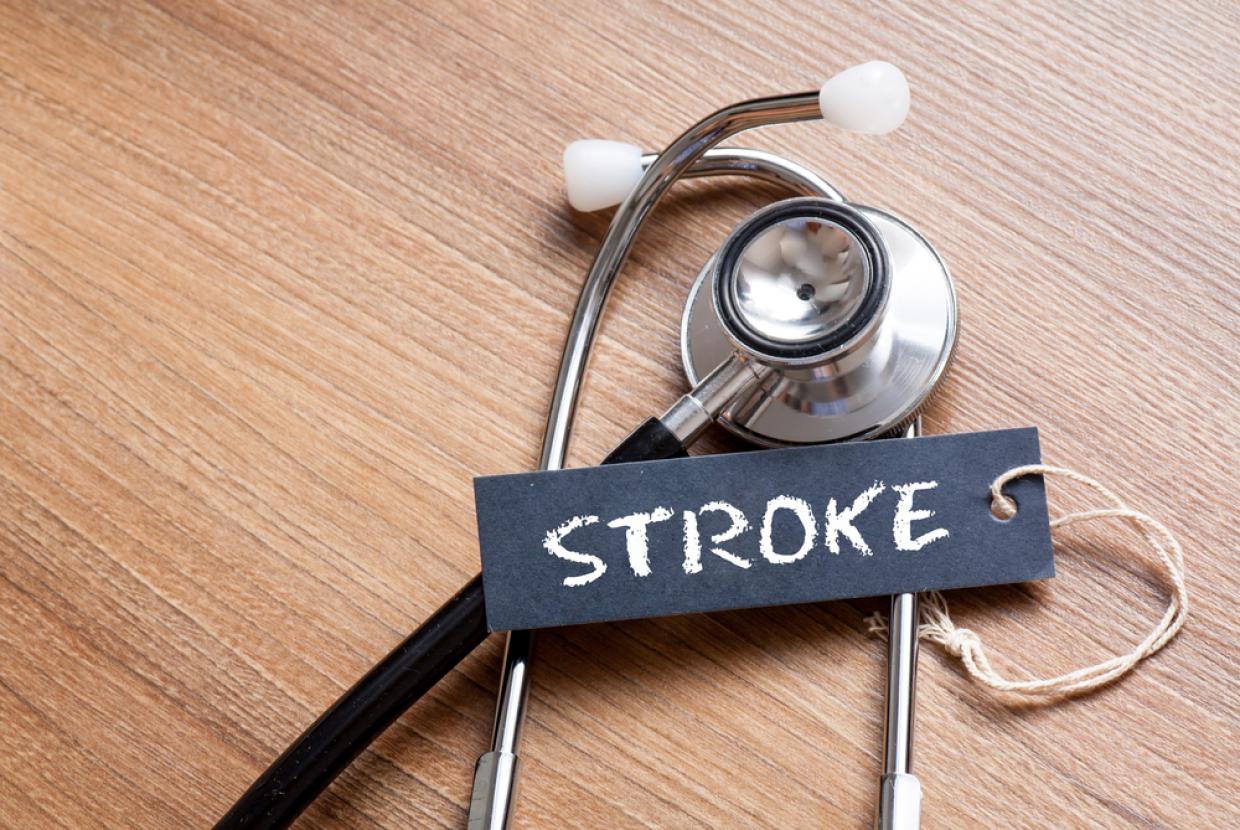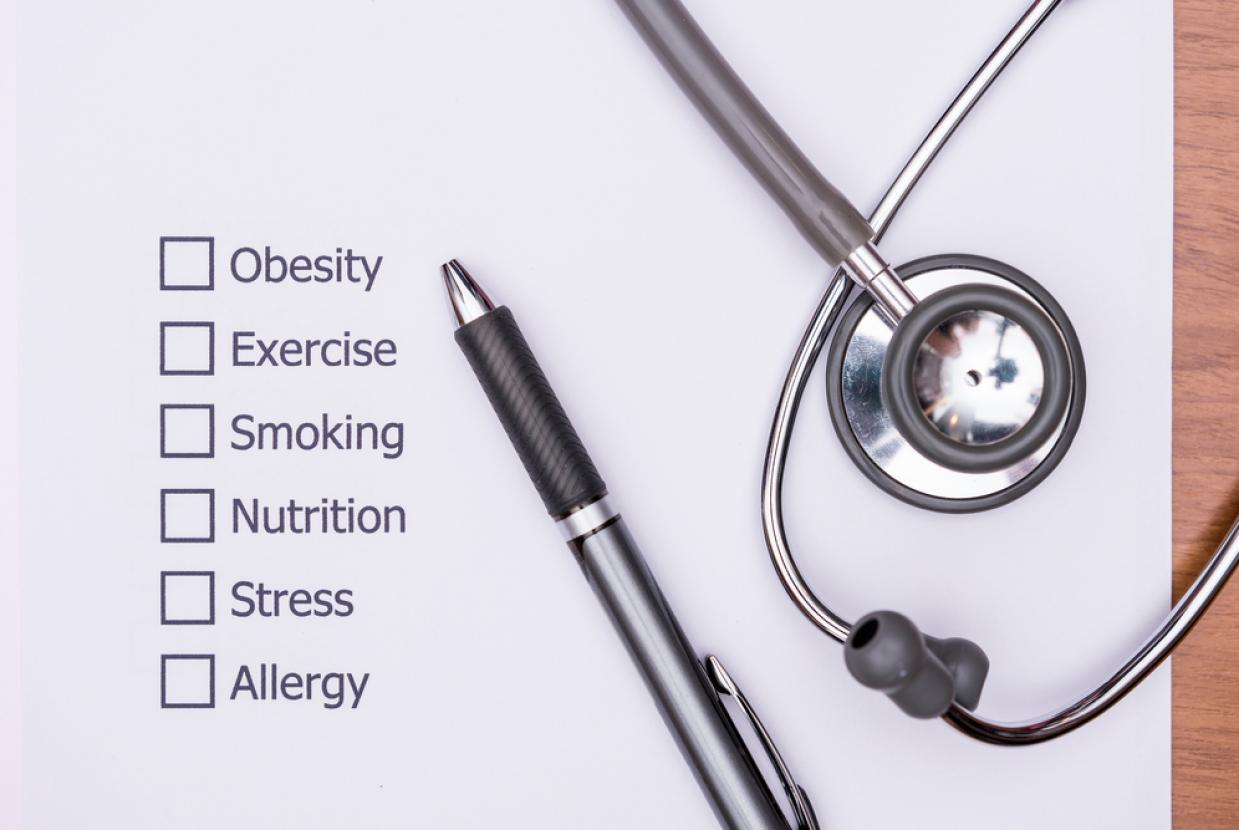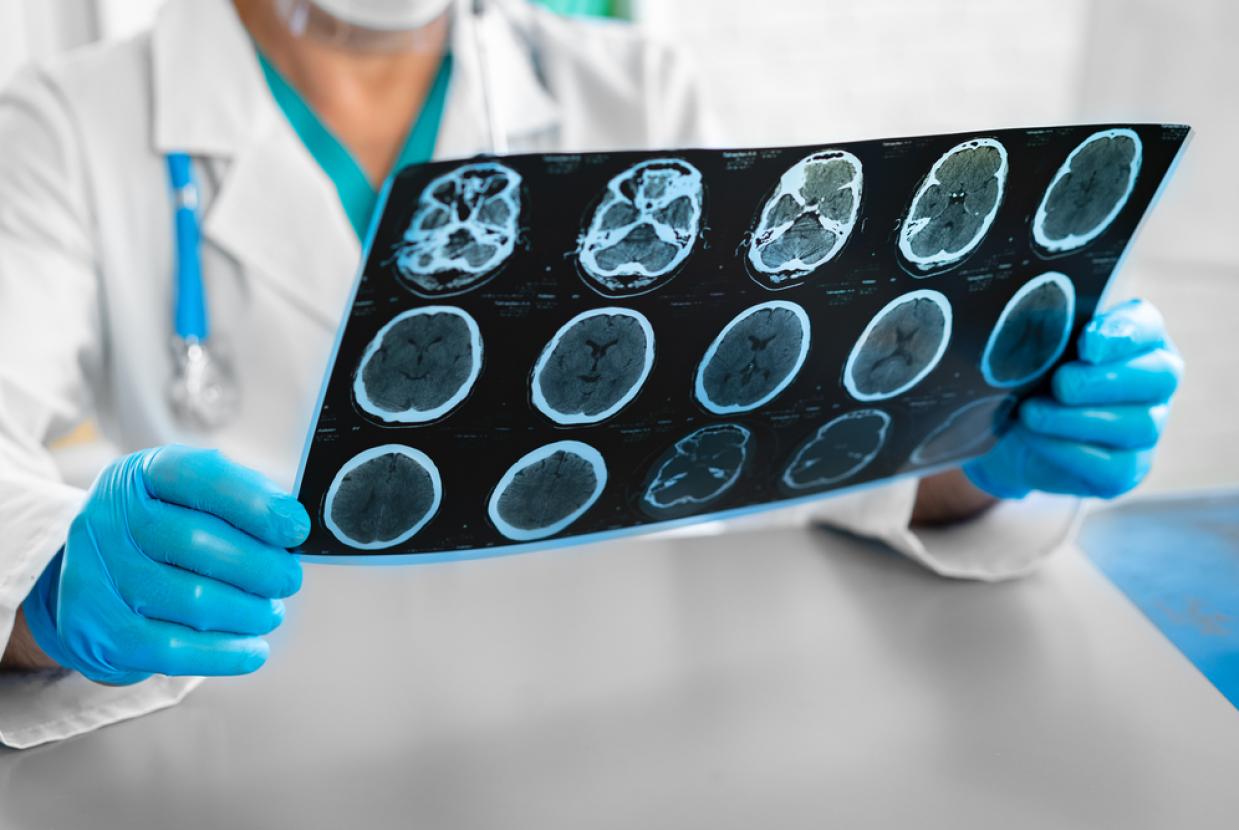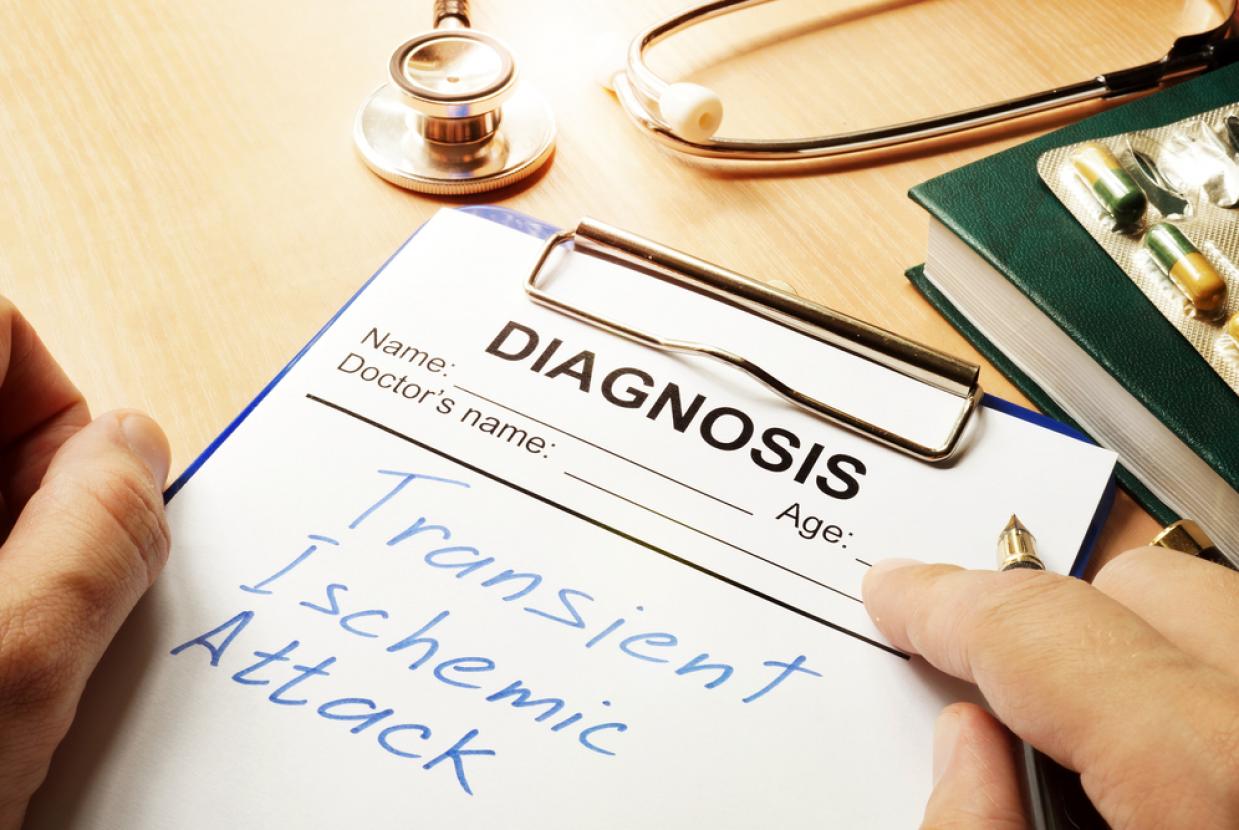Symptoms Of A Stroke
NHS
Check for signs of a stroke
The main symptoms of a stroke can happen suddenly. They may include:
- face weakness – one side of your face may droop (fall) and it might be hard to smile
- arm weakness – you may not be able to fully lift both arms and keep them there because of weakness or numbness in 1 arm
- speech problems – you may slur your words or sound confused
The easiest way to remember these symptoms is the word FAST. This stands for: face, arms, speech and time to call 999.
Other symptoms of a stroke
There are other signs that you or someone else is having a stroke. These include:
- weakness or numbness down 1 side of your body
- blurred vision or loss of sight in 1 or both eyes
- finding it difficult to speak or think of words
- confusion and memory loss
- feeling dizzy or falling over
- a severe headache
- feeling or being sick (nausea or vomiting)
Symptoms of a stroke can sometimes stop after a short time, so you may think you're OK. Even if this happens, get medical help straight away.
A stroke is more likely to happen if you're older, but it can happen at any age.















